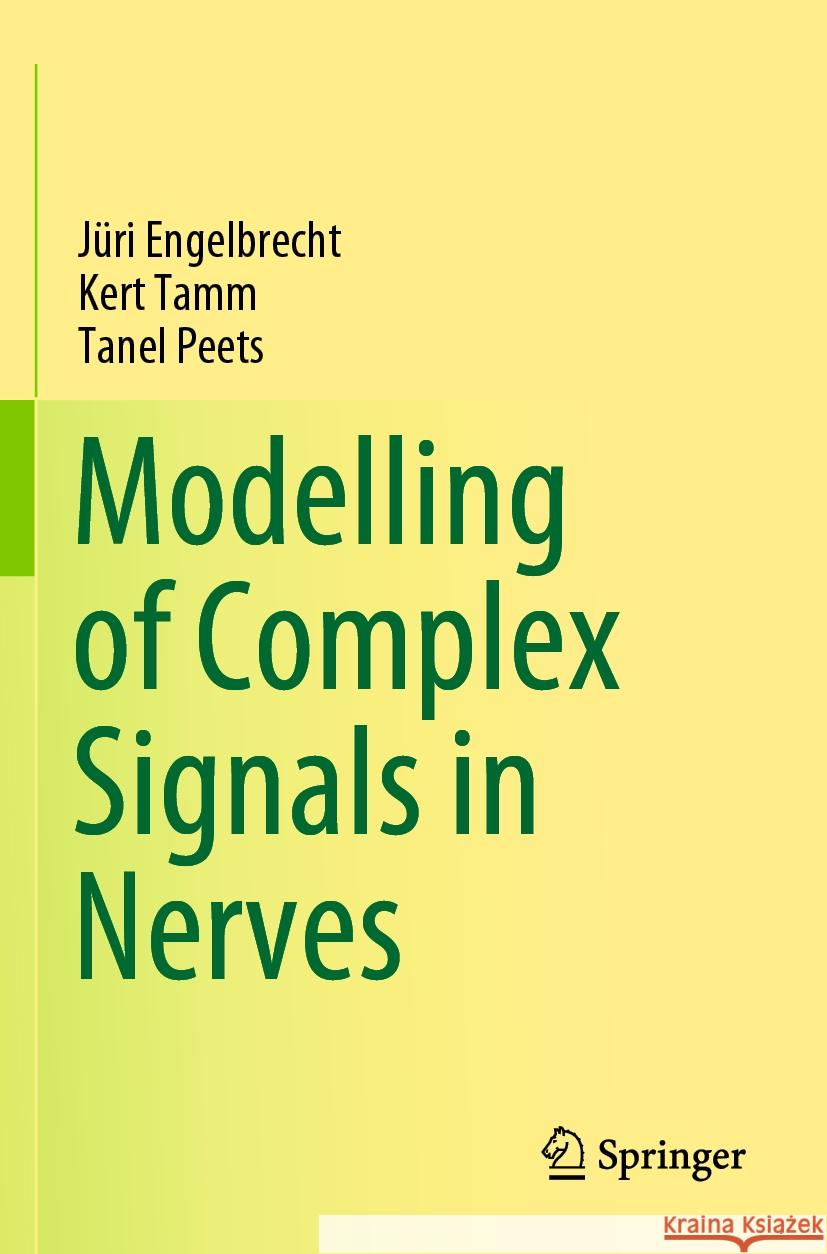Modelling of Complex Signals in Nerves » książka
topmenu
Modelling of Complex Signals in Nerves
ISBN-13: 9783030750411 / Angielski / Miękka / 2022
Modelling of Complex Signals in Nerves
ISBN-13: 9783030750411 / Angielski / Miękka / 2022
cena 403,47
(netto: 384,26 VAT: 5%)
Najniższa cena z 30 dni: 385,52
(netto: 384,26 VAT: 5%)
Najniższa cena z 30 dni: 385,52
Termin realizacji zamówienia:
ok. 16-18 dni roboczych.
ok. 16-18 dni roboczych.
Darmowa dostawa!
This book describes fundamental physical principles, together with their mathematical formulations, for modelling the propagation of signals in nerve fibres. Above all, it focuses on the complex electro-mechano-thermal process that produces an ensemble of waves composed of several components, besides the action potential. These components include mechanical waves in the biomembrane and axoplasm, together with the temperature change. Pursuing a step-by-step approach, the content moves from physics and mathematics, to describing the physiological effects, and finally to modelling the coupling effects. The assumptions and hypotheses used for modelling, as well as selected helpful concepts from continuum mechanics, are systematically explained, and the modelling is illustrated using the outcomes of numerical simulation. The book is chiefly intended for researchers and graduate students, providing them with a detailed description of how to model the complex physiological processes in nerve fibres.











